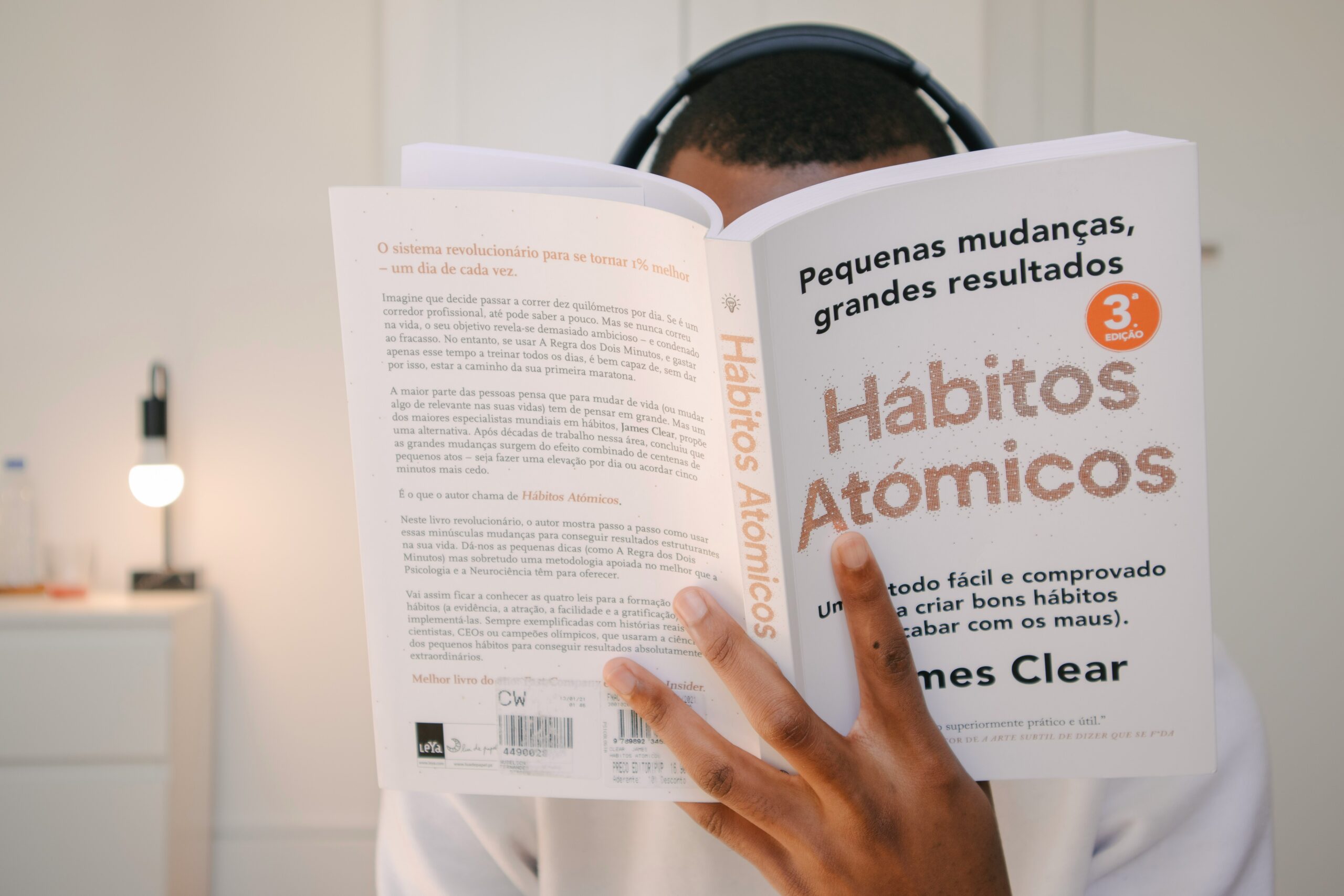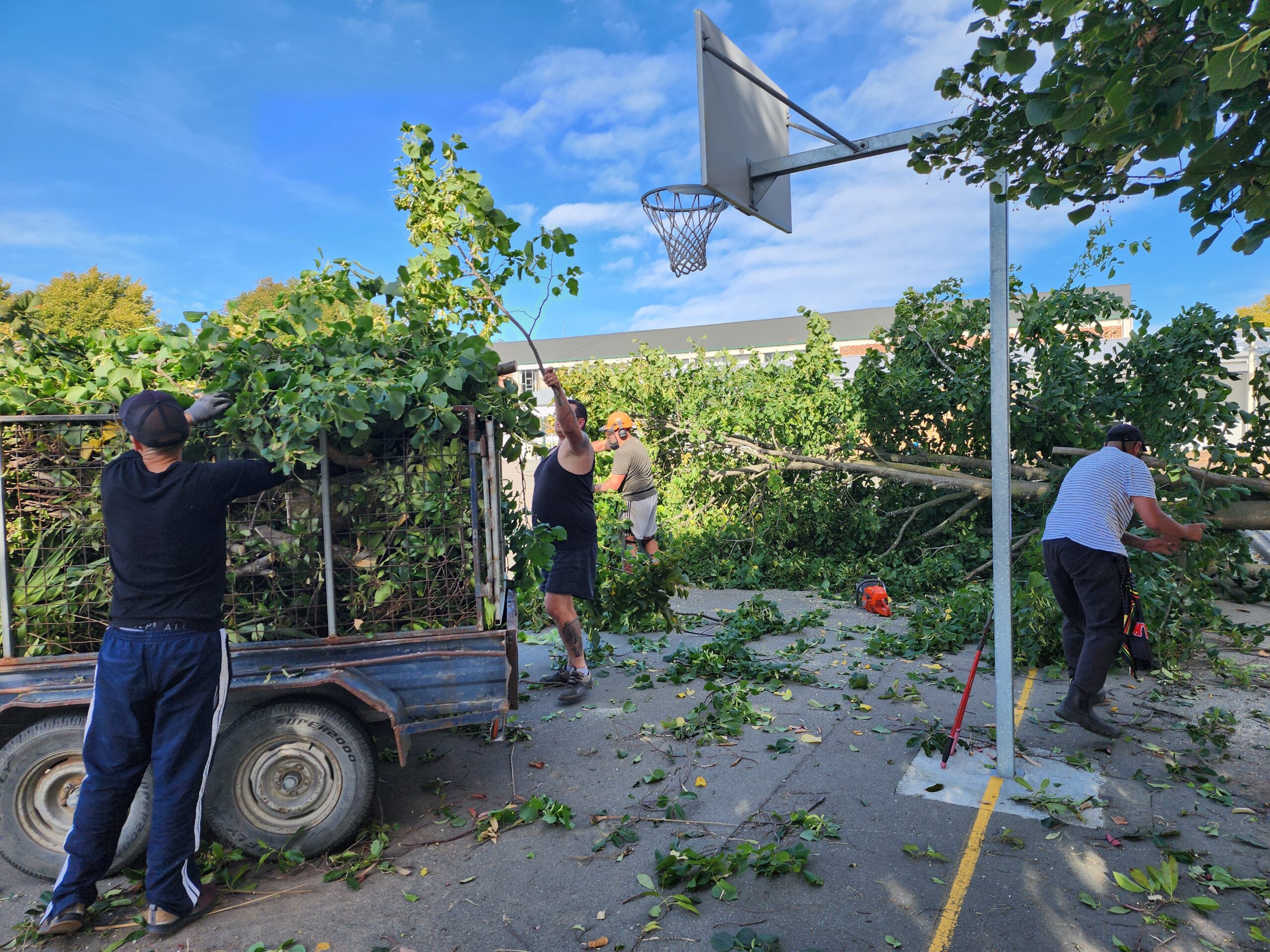Photo by Brett Jordan
Some tech experts are predicting that the AI revolution will effectively end email as we know it. Not because it will bring newer, better alternatives, but because AI written spam will overwhelm the system. Maybe.
While we wait to see if this dire prophecy becomes true, the good old email reigns supreme in most principals’ daily communication systems. Used well, it saves time, shares information easily and keeps 90% of scheduling up to date. Used badly, it takes time, frustrates everyone, and turns you into a distracted wreck. Here’s a few thoughts to consider –
. . .
Going full Genghis Khan on your inbox
I don’t know how many messages you get daily, but I’m guessing it’s similar to me. I counted last week’s total and my @principal account received 172. The spam filter got plenty more as well but however you cut the numbers, it’s a lot. Some thoughts on how to manage this:
- Archive – use the archive function to tidily store any emails older than 6 months. Set up the auto function so it keeps doing that. (You can still find them in you have to!)
- Set up folders for the various topics you regularly get mail on. E.g., ‘Iona’, ‘Payroll’, ‘Compliments’. Now either shift mail into the appropriate folder manually as they arrive or set up an automatic rule to do this for you.
- Unread emails – open and action them or delete them. No excuses, no procrastination.
- Unsubscribe – click the unsubscribe link at the bottom of every regular email that is not mission critical. Do this and watch your volume of mail decrease by 50%.
- Be ruthless.
A tidy inbox is a peaceful inbox and you deserve both.
Reply All – sometimes essential / sometimes so annoying
Used to share group responses and thoughts, it makes sense. In a group discussion, ‘reply all’ keeps the process upfront and transparent, and if you want to thank someone it’s more powerful if everyone sees the acknowledgement. In all other cases, don’t do it – we each have people in our address books that reply all to every single message– don’t be that person.
Delay send
I love this option! By using it, I can neatly overcome the dilemma of not wanting to send emails at unreasonable times, and yet still getting that message sent so I don’t have to remember to do it later. My email programme even pops up the option to delay send automatically if I compose a message outside of ‘work’ hours. (I wonder if anyone has noticed I send a lot of messages at 7:30am? 😊 )
When is unreasonable?
In the 40 Hour Project we are all about balance in life and ‘switching off’ work regularly, but when is it Ok to send or receive a message? After 5pm? Before 8am? If I receive an email at 2am I’m pretty clear that’s outside what’s reasonable, but what about 6pm? This links into the topics below . . .
Checking their inbox – your team
This is a delicate but essential thing to get right amongst your team. What is the clear expectation around the frequency they will check their inbox? Given the majority are actually teaching a class, when/how often is it reasonable that they will have had a look?
Checking your inbox – you
Here is an A grade, super important self-management topic – when/how often do you check your inbox? There are literally hundreds of studies over years on this topic and the bottom-line is that you will lose productivity (and possibly your mind), if you check too often.
What’s too often? Let’s start with the extreme – running ‘live’. With a dual screen set-up, or sound notifications on, you can easily see/hear each new message as it arrives.
A live inbox means that every time someone sends you a message, you see it. Every. Single. Time.
Assuming checking mail is not your only task, from a productivity point of view, each time you are interrupted in what you are doing, it can take up to 20 minutes to get fully back to that task. Badly managed, you could potentially spend hours floating through the sea of stuff lobbed casually into your day. Don’t do it.
Turn all alerts off
Alerts kill productivity surer than a cold gin kills motivation to mow your lawn. Related to this are smart watches. These are possibly the very worst inventions ever for increasing anxiety and decreasing productivity. If you’ve connected yours to your phone, which is connected to your email, you are now effectively a walking alert. Find the online instructions and turn the message/email alerts off. You’ll thank me later.
Receiving messages
Regarding your community, we all know some of them don’t sleep, and surprisingly, they might not consider the work/life balance of you or your team as important . . . some clear, friendly communication about this topic is essential.
Choosing times to check
With alerts turned firmly off, schedule no more than 3 times in the day when you will deal with your mail. What works for me is around 9:30am (people send lots of mail early so I catch these messages after I’ve got the day launched and connected with people onsite), straight after lunch time (lunch is always busy with people related work), and around 5pm (in an attempt to minimise stuff rolling into the evening). I do often check mail quickly in the evening but following this plan, the volume is usually small.
The bottom line
Either you manage your email or it manages you – a small investment in time sorting this out will continue to pay back forever.
And just for fun, if you have a moment, answer this two question survey and I’ll share the results next time I post –
Dave














